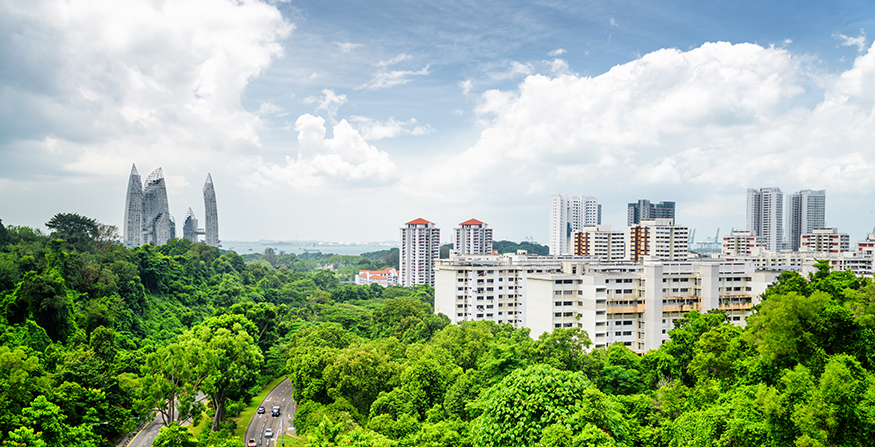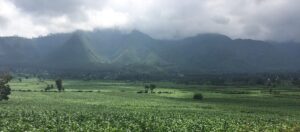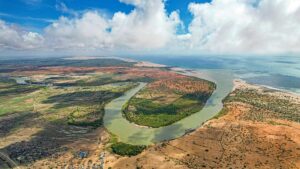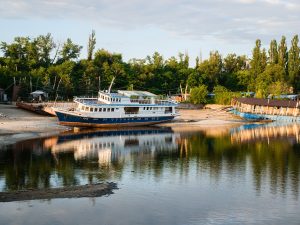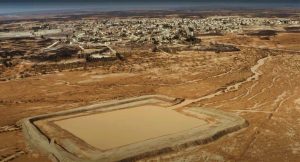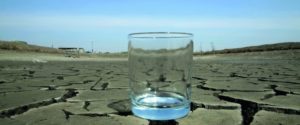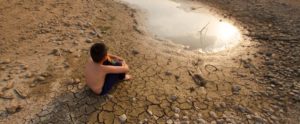Time to join forces with nature
2017 was a challenging year in many regards, not least for those of us working with water issues. We saw hurricanes wreak havoc in the Caribbean and North America, while parts of Africa, Europe and India suffered through droughts and even famine. It was one of the hottest years in history. Again.
The impacts of climate change are already being felt by many. Water variability and volatility are increasing, and this trend is expected to continue.
Last week, the World Economic Forum (WEF) released its annual Global Risks Report. All but one of the top ten global risks identified in the report as having above average impact and likelihood risks are strongly water-related. The top three – extreme weather events, natural disasters, and failure of climate adaptation and mitigation, specifically relate to water variability – that is, too little, or too much water.
Our ability to adapt to this variability will determine the extent to which we can develop and grow.
There are ways to manage variability however. To a large extent, it comes down to good water governance, or good decision-making relating to who gets what water, and when. Historically, access to water was determined by the laws of nature. Laws of man now play an increasing part. It is not always easy, but there are actions that can be taken to improve our ability to deal with water variability.
It is possible to decrease the risk of flooding in urban areas, for example, by retaining or restoring wetlands. Acting like a sponge they suck up storm water and release it little by little as clean fresh water.
Restored floodplains can help filter and clean polluted rivers, thus reducing algae blooms.
For cities, green spaces and parks are a good start to working with nature. Paving over the saw-grass prairie around Houston reduced the city’s ability to absorb the water that hurricane Harvey brought in August. In Singapore, green spaces have become a vital tool for capturing rainfall. Ranked as one of the most water-stressed countries in the world 2015, the city-state is turning into a poster child for urban water management, partly because of its decision to invest in expanding urban greenery.
We need to make better decisions on how water and ecosystems are used and managed. Decisions that are sustainable and just.
In 2018, World Water Week will explore the relationship between water, ecosystems and human development. It’s time to join forces with nature.
Want to be part of the change? Check out these seven moments that will turn the tide on water in 2018 and get involved!
